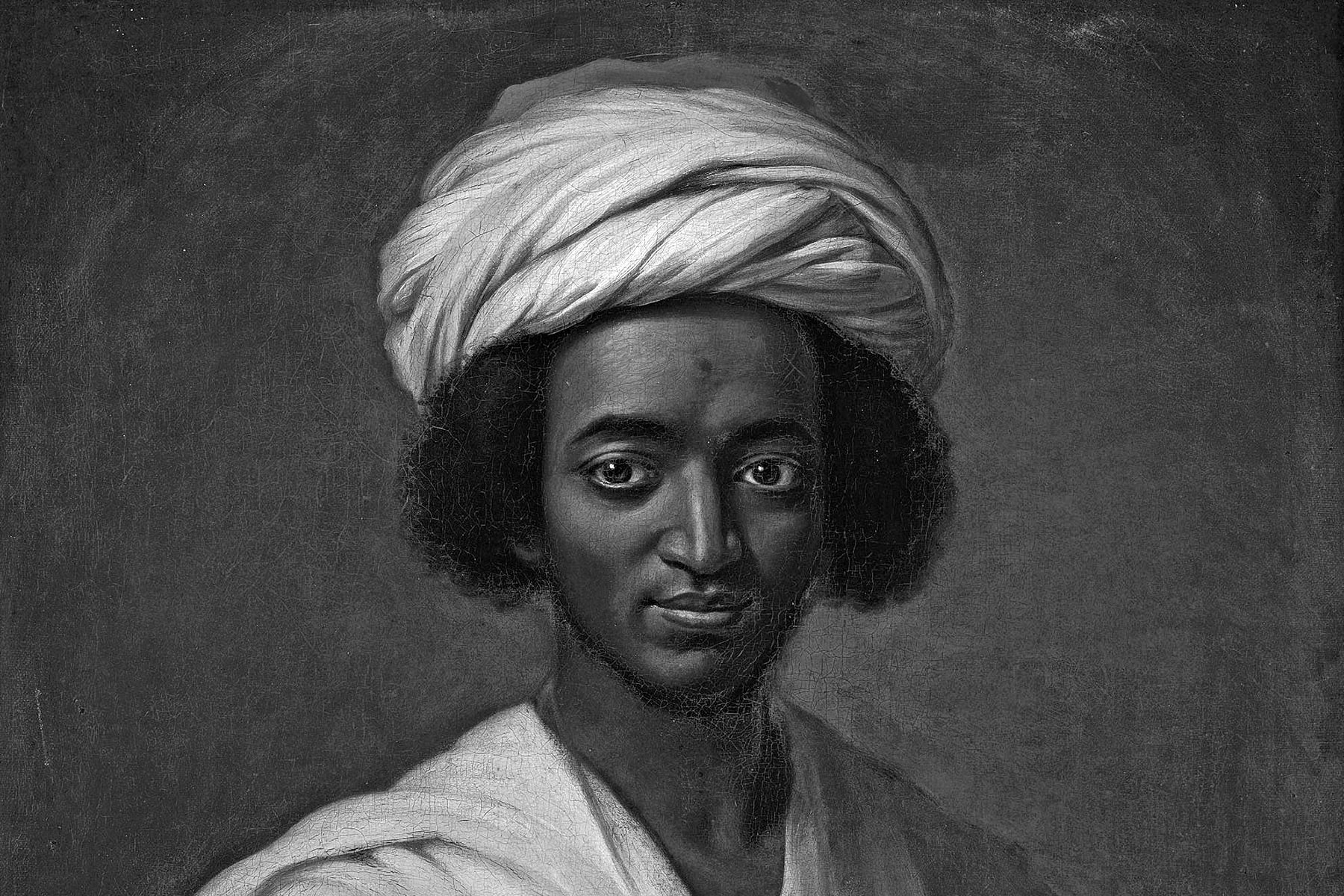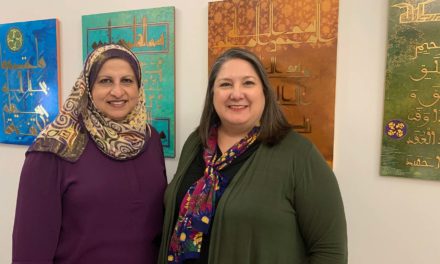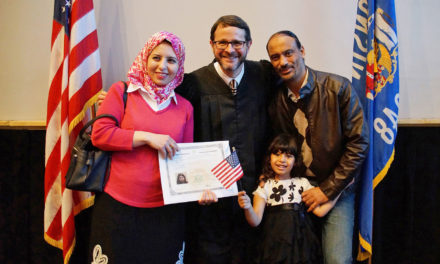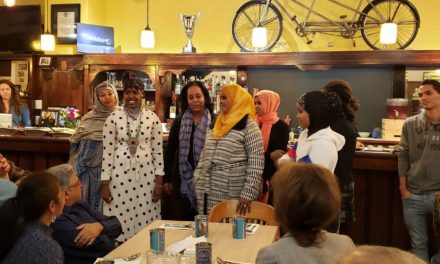
Black History Month is an annual observance in February that started as a way of remembering important people and events in the history of the African diaspora. This biography is part of a series that features well known enslaved African Muslims.
Ayuba bin Sulaiman was a well-educated merchant born in 1701 to a religious Muslim family, and a famous victim of the Atlantic slave trade. Born in Bundu, Senegal (West Africa), Ayuba’s memoirs were published as one of the earliest slave narratives, a first-person account of the slave trade.
Ayuba was captured by invading Mandingoes, and made to appear as war a captive to legitimate his enslaved condition. He was sent across the Atlantic to Annapolis, Maryland, where he was initially put to work in the tobacco fields. Having impressed Americans and Europeans with his intelligence and strong sense of identity, Ayuba was able to legally escape the hardships of slavery and return home to Africa after only three years in 1734.
He rose to a place of importance within the Royal African Company, but faced later hardships at the hands of the French. His death as a result of old age was recorded in the minutes of the Spalding Gentleman’s Society in 1773.
Since the first colonists arrived to settle in North America, Islam was part of the continent’s religious fabric. The Islamic teachings brought by enslaved Africans did not survive long within plantation communities, but there remains evidence in documents and traditions of its existence. It has been estimated that 30% of African slaves brought to the New World were Muslim, but the exact number transported is unknown.
Muslims first came to North America in the 1500s with colonial expeditions. They were an integral part of mapping the country. African Muslims later fought alongside colonists during the Revolutionary War against British rule, when America struggled to become an independent nation. The founding fathers were aware of Islam and the existence of Muslims in America. Thomas Jefferson, who owned a copy of the Qur’an, included Islam in many of his early writings and political treatises.













